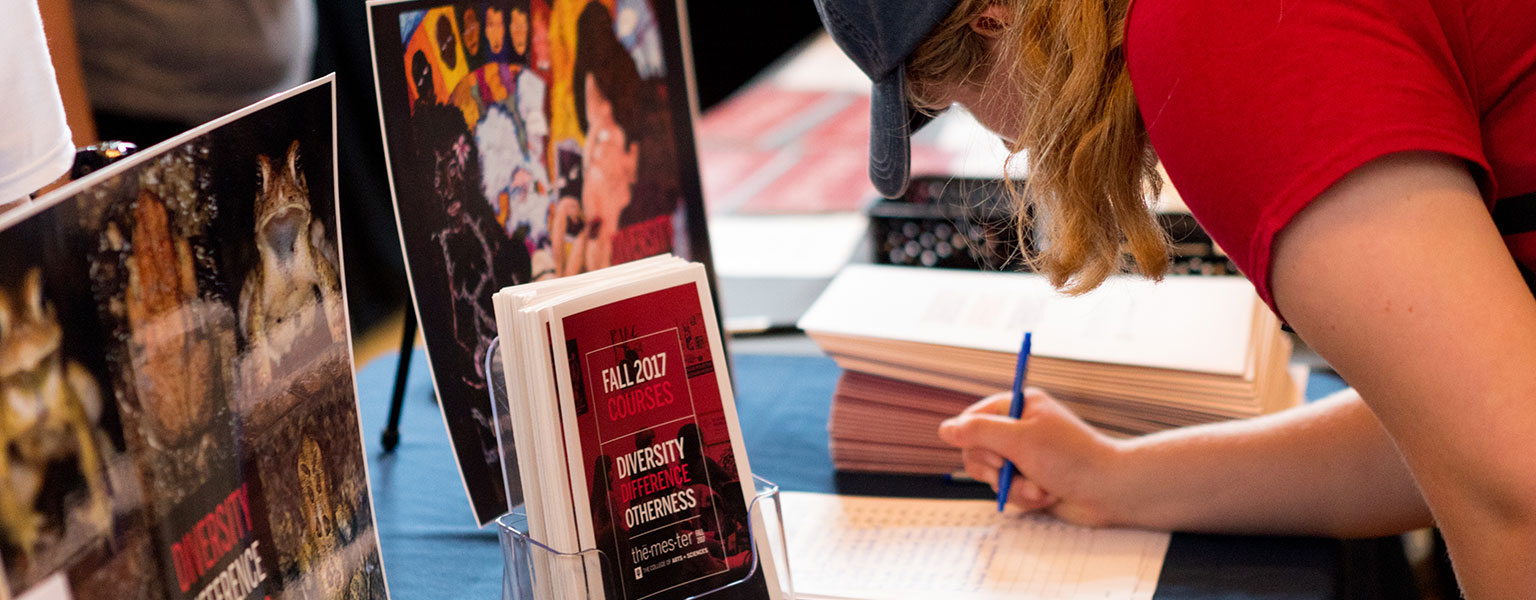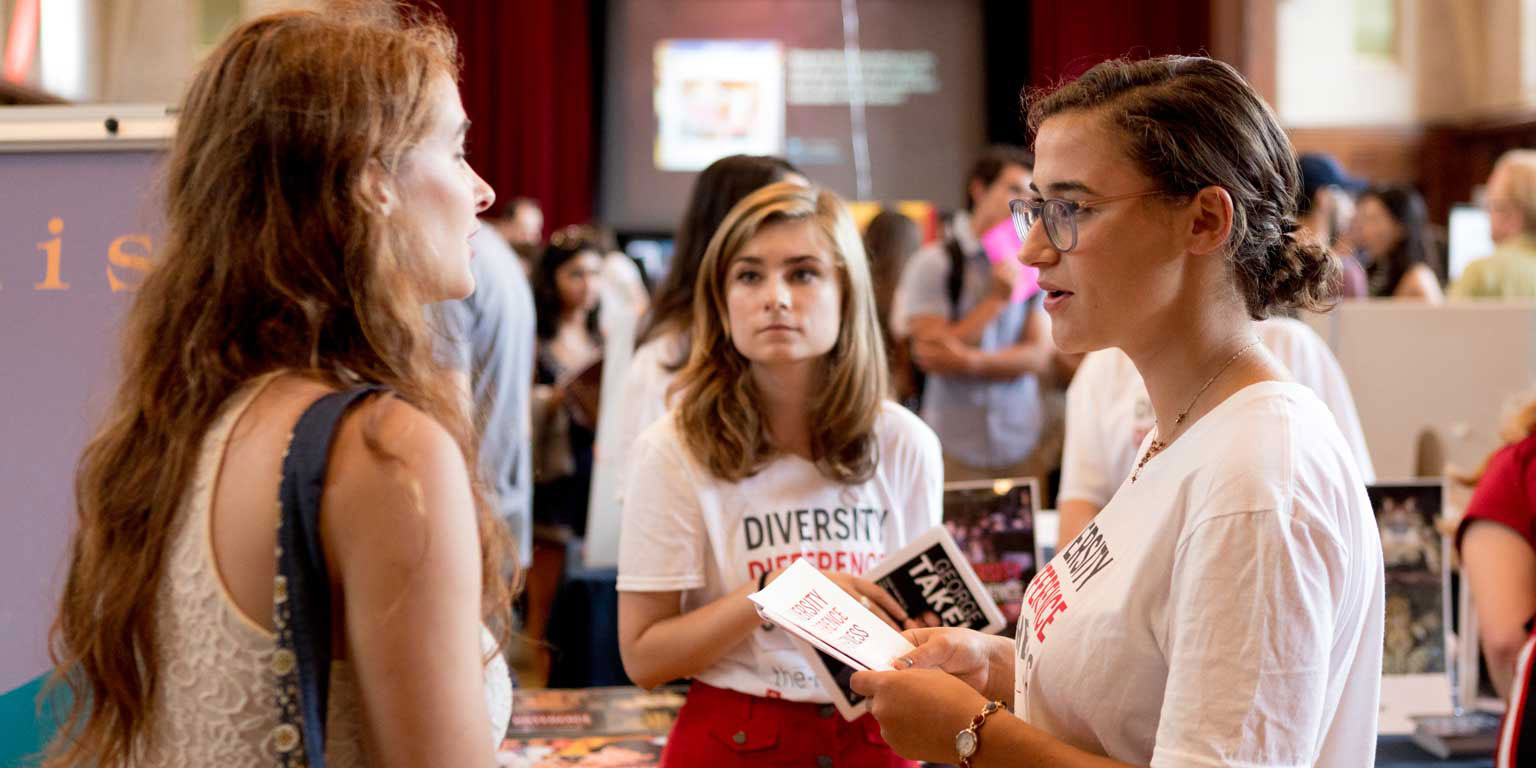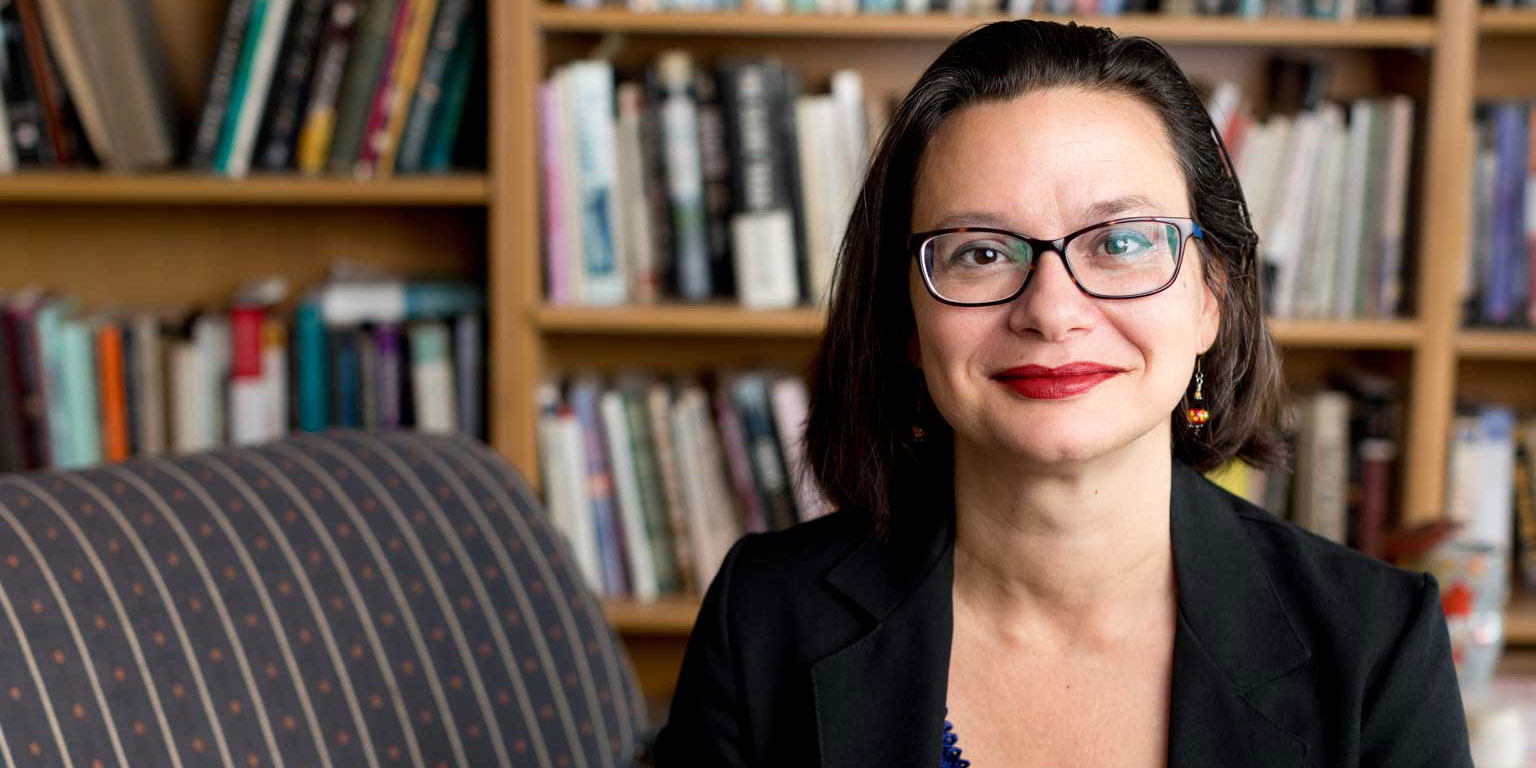By Julie Gray | Fall 2017
Photography by Anna Powell Denton
The College has never been afraid to go big — architecturally, institutionally, intellectually, you name it. And in recent years, faculty and students alike have recognized that one way for the College to expand is, paradoxically, to dissolve: to break down the traditional borders between academic disciplines and embrace the local community of which the College is a citizen.
The College’s annual, semester-long Themester program is one way to demonstrate this expansiveness. Every fall, the College chooses a single theme and offers a wide array of courses, lectures, and other activities focusing on it. The College encourages community members to attend Themester films, plays, talks, and exhibits.
The first Themester was offered in 2009, the 150th anniversary of the publication of Darwin’s Origin of Species. So, the topic was, quite naturally, “Evolution, Diversity and Change.” Subsequent Themesters have focused on beauty, war and peace, and food, to name a few.
Now, eight successful years later, the inaugural topic has been taken up again, with a slightly different focus. The 2017 Themester is devoted to “Diversity. Difference. Otherness.” The theme was proposed in 2015 by Jane McLeod, then the College’s associate dean for social and historical sciences and graduate education.
“I was trying to come up with topics that would highlight the social sciences,” explains McLeod, who now serves as provost professor of sociology and also chairs the department. “I had just finished editing a book on the social psychology of inequality. So, I was thinking a lot about ‘othering’ — about how people are constructed as being different from other people and about the divides that creates. I was also thinking about the ways in which people — both individually and collectively — resist being othered.”





